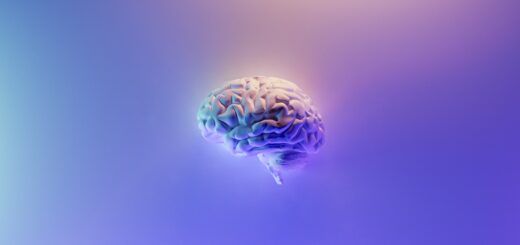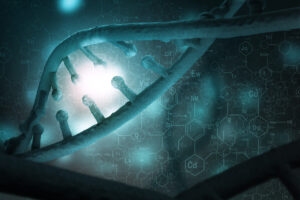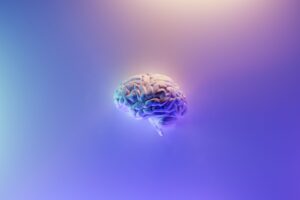How Science Helped Angela Merkel Lead Germany
Who has not heard at least once of Angela Merkel? The first female chancellor who led Germany for 16 years and fought for a better unified Europe. But has science helped Angela Merkel lead Germany? How many people know that she has a PhD in Quantum Chemistry?
Merkel was born in Hamburg, but her parents moved to Brandenburg, East Germany, when she was a baby. So she grew up in the part of Germany that was not free and under a dictatorship until 1989.
As the daughter of a protestant pastor, Angela had to reconcile the beliefs of a socialist country with those of the Church, which more often than not went in opposite directions.
Merkel once said that she did not choose to study physics because she wanted to be an Isaac Newton, but because physics is something that works without ideology, even in East Germany.
Despite all the discussions and temporary step-backs, Angela firmly believed that Europeans have united for the better and always worked for a unified Europe.
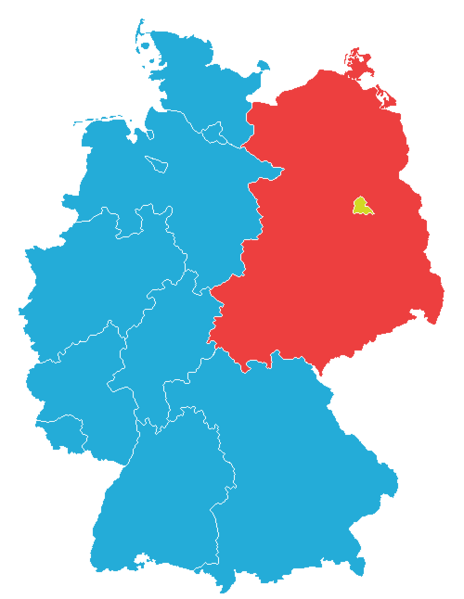
Lang Constantin, CC BY-SA 4.0
A PhD in Quantum Chemistry to lead Germany
Angela Merkel graduated in Physics at the University of Leipzig in 1978. Her first job as a scientist was at the Central Institute of Physical Chemistry of the Academy of Sciences in East Berlin.
“In all beginnings dwells a magic force for guarding us and helping us to live. These words of Herman Hesse inspired me when I completed my physics degree at the age of 24” Merkel said in her 2019 Commencement Speech at Harvard University.
In the early 80s she worked with Rudolf Zahradník in Prague, doing research in physical chemistry. Zahradník was one of the pioneers of Quantum Chemistry, an opponent of the regime, and a moral authority. Merkel often referred to him as her mentor and second father.
In 1986, she obtained a doctorate with a thesis in quantum chemistry.
“At university in East Germany, I decided to study Physics. Because I realized that many things could be undermined, but not gravity, nor speed of light, nor other scientific facts” she said, addressing the Bundestag, Gemany’s Congress. During the pandemic that brought upside down the lives of unprepared people in the Western world she spoke like a scientist.
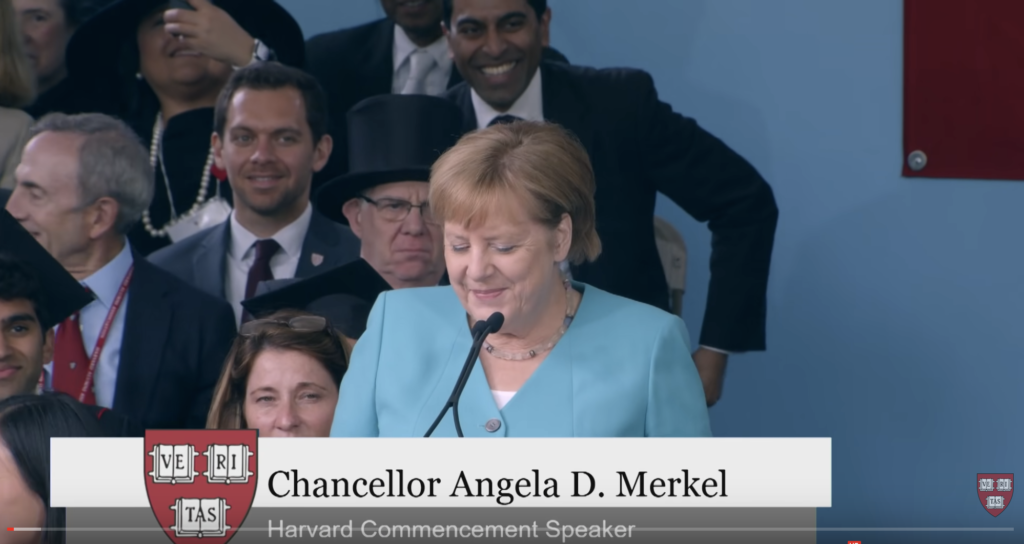
A wall of concrete and steel to prevent freedom
As a scientist in Berlin, she lived close to the Wall. On the other side was West Berlin, on the other side was freedom. “Every day I had to turn away from freedom at the last minute. I don’t know how often I thought that I just couldn’t take it anymore. It was so frustrating.” she said to the Harvard graduate students.
Merkel was not a dissident. She did not actively protest against the Wall or against the government, but she never pretended that the Wall wasn’t there, or that the Wall did not exist.
Her life was as limited as that of many East Germans. People had limited opportunities. There was no freedom. People were oppressed and under constant state surveillance. Political dissidents were persecuted.
After all, the Wall had been built to prevent people to flee for freedom.
She always was a free thinker. Nobody could put any limits, any restrictions to her inner thoughts. “My personality, my imagination, my dreams and my desires, prohibitions or coercion couldn’t limit any of that.” This is how she described her frame of mind while living next to the Wall.
The first 35 years of her life she lived behind that Wall, fully aware of the missed chances and opportunities, fully aware of her lack of freedom.
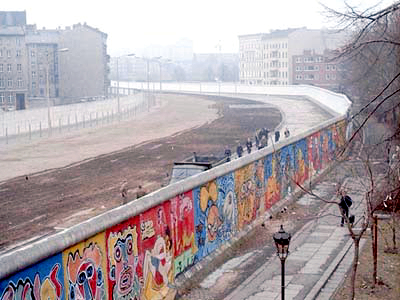
And then the wind of freedom…
The wind of freedom came across Eastern Europe. Many countries under the Eastern Bloc wanted freedom, wanted to become the makers of their own destiny. And the impossible actually happened.
The people took to the streets. They actually took down the real Wall and the mental walls that were built in years of oppression and persecutions.
It was in that very moment that Merkel realized that there was no longer a wall to keep her from freedom, to keep her from spreading her wings. Something that she had thought was impossible had actually become reality.
What she learnt in those days was that “Anything that seems to be set in stone or unalterable can indeed change!” The Wall she had to walk by every day to reach her institute to do her job and continue her research no longer existed. She was finally free to move and to explore whatever life would still have in store for her.

A scientist Chancellor to lead Germany
As chancellor of one of the most powerful countries in Western Europe, her scientific approach often helped her taking difficult decisions, based on facts and data.
She was the first head of a government to put issues such as global health and the global fight against antibiotic resistance on the agenda.
Before the G20 summit in Hamburg in 2017, she participated in a meeting with representatives from twenty international science academies and already at that time she warned that diseases could become a global problem.
A few years before we had to face the COVID emergency all over the world.
In a panel discussion about women in science, the chair asked her how it had been like for her as a young doctoral student in physics. Apparently, it was not too bad. In the Eastern bloc women were part of the work force even in science.
Revealing a great sense of humor, she added that unfortunately the boys were always pushed ahead during the experimental internship. And they broke the equipment before girls could get a chance.
Probably her greatest strength as chancellor was her ability to understand the essence of a problem and then evaluate it under the complex political scenarios.

Has a PhD in Quantum Chemistry helped in the decision making?
The chancellor’s support for science and rigor in policy making has marked a new approach in German politics and it has certainly heralded a new era.
Over the years, Merkel’s administration has strengthened and internationalized German science and it also helped to increase the percentage of women in research. Merkel brought compassion into politics and a conviction that decision-making benefits from evidence and facts.
Merkel’s former colleagues or collaborators, who had the chance to work with her once she became chancellor, have openly talked about the regular meetings that she had with working scientists and research managers.
And her participation to informal science soirées focused on different fields, whenever possible, or her regular attendance to the Salon Sophie Charlotte at the Berlin-Brandenburg Academy of Sciences.
She always showed interest in emerging fields such as hydrogen technology for energy storage, quantum computing, and artificial intelligence. And she realized the great opportunities opening up ahead.
Addressing graduate students in her commencement speech at Harvard, she made it clear that new fields of science can open extraordinary opportunities. “After all, your smartphone probably has considerably more processing power than the replica of an IBM mainframe computer manufactured in the Soviet Union, which I was allowed to use for my thesis in East Germany back in 1986.” she said having the audience bursting in laughter.
She passionately explained the benefits of artificial intelligence to recognize symptoms of diseases, or to better diagnose cancers or having robots helping hospital staff to focus on the individual needs of patients.
“We cannot predict today which applications will be possible. However, the opportunities are truly breathtaking.” Talking like a true scientist always ready to be surprised and being open to new insights.
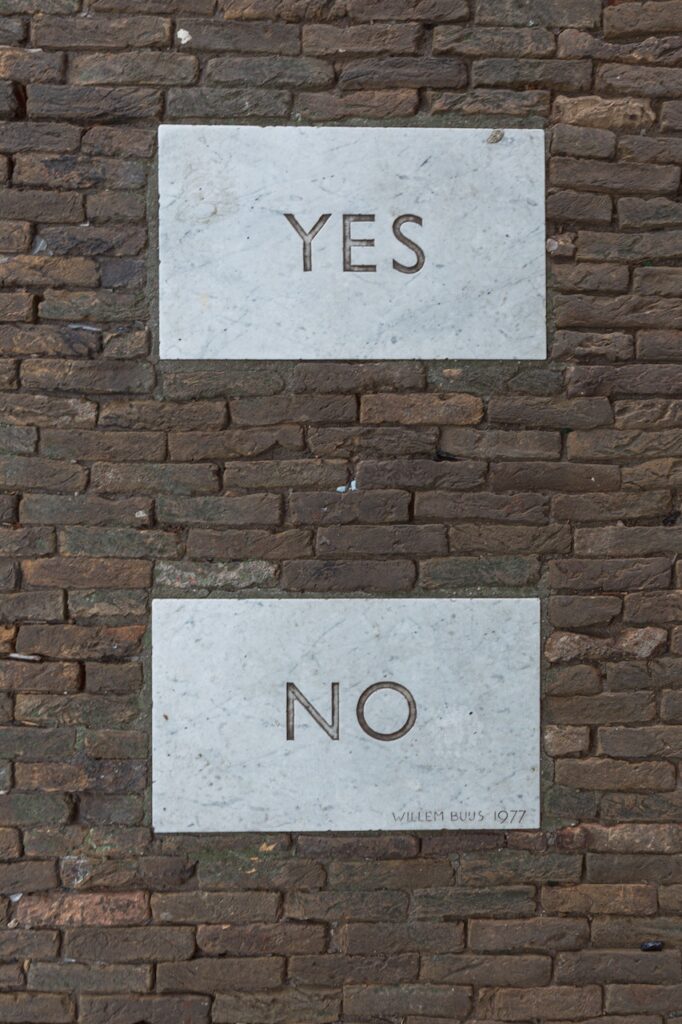
Let’s bring down the walls!
As the chancellor of Germany she may not always have done the right thing, and she certainly has made mistakes. Nevertheless, she is a remarkable woman, a role model for a new generation of young women and women in science.
In all her long political career, Merkel was never in any scandals or wrongdoing. Something that many politicians unfortunately cannot claim for themselves.
She led the country believing in honesty, integrity, and facts.
She taught us that we can find good answers even to difficult questions if we always try to view the world through the eyes of others. If we respect other people’s history, traditions, religion, and identity.
We need to be aware of the walls we build around us. She grew up with a physical wall made of concrete and steel, but there are invisible walls, which also dangerous. Walls of ignorance and narrow-mindedness that prevent us from envisioning the world, where we want to live all together.
We should break down those walls that prevent giving people, and especially girls, access to education! That prevent to act against destruction of the planet, to eliminate diseases, to create a better world for all.
New generations have to stop thinking of what is not possible and of how things have always been done. Instead, they have to start asking what is possible, what can be done. They have to look for new paths even if nobody took them before.
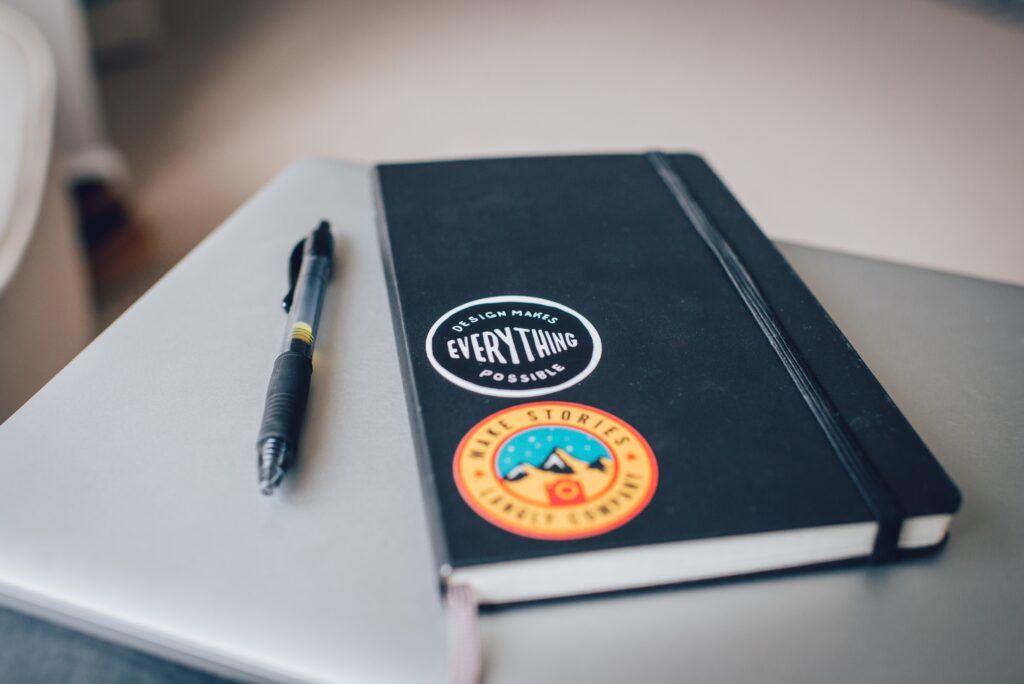
Nothing can be taken for granted. Everything is possible!
As a true leader, she advised skepticism with politicians who claim to be able to predict the course of scientific discovery!
Nothing can be taken for granted. Neither our individual liberties, nor democracy, nor peace and prosperity, she passionately said to the Harvard graduate students.
“Always ask yourself: Am I doing something because it is right, or simply because it’s possible? Don’t forget that freedom is never something that can be taken for granted. Surprise yourself with what is possible.”
Remember that openness always involves risks. Letting go of the old is part of the new beginning. Above all, nothing can be taken for granted. Everything is possible!”


